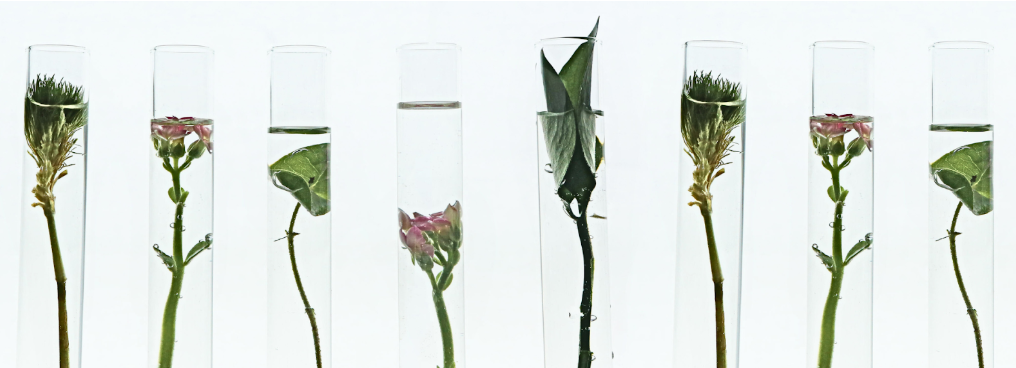Whether the kitchen is familiar territory or unmarked terrain, this space may be a minefield for someone in recovery from an eating disorder. While cooking may be challenging, the results go far beyond the dinner plate; empower your recovery and make some yummy food on the way with these five restorative reasons to cook through your recovery!
1. Learn to take your time.
So often we rush the experience of eating. We want instant gratification, or maybe we want the anxiety-provoking experience to be over and done with. Cooking forces us to slow down and pay attention to what we are eating. We begin to smell the food before it’s on the plate. It lights up our senses long before it reaches our taste buds. In this way, cooking can be a vital part of eating mindfully. As you’re cooking, notice the sensations of hunger in your body. Notice whether your mouth starts to water or your stomach starts to rumble. See if you can sense your mind leaning into (or away from) the upcoming meal. This time for developing awareness of your emotions and body signals is key in working on intuitive eating.
2. Just like grandma used to make.
Food can be a powerful transportation device. Everyone has a different time machine back to childhood. Maybe it’s grandma’s chocolate chip cookies. Maybe it’s Fourth of July hamburgers on the grill. Whatever it is, cooking the foods that are linked to childhood memories can be an impactful tool in recovery. When it’s those special foods, eating isn’t just about satisfying your hunger. It can be about reconnecting with a time when you ate anxiety-free, remembering the joys of eating socially or reconnecting with foods that were blacklisted during your ED. Pick out a couple of vintage favorites to try making yourself and explore what comes up in the walk down memory lane.
3. Play with your food!
Food is not just fuel. It’s a rich part of our experience as humans. Why else would two of five senses (taste and smell) be designed to appreciate food? It is fine to enjoy food, as long as we aren’t using it to cope with our problems. So don’t just eat; be a gastronaut! Explore new ingredients. Try new recipes. Get curious. Roll up your sleeves and get your hands dirty! It’s ok to “color outside the lines” when cooking. Let your palate be your guide. It may not turn out “perfectly” but the fun is in the journey.
4. Remember: it’s just food.
In recovery, it can be hard to see food as just food. It can seem like a reward or a punishment, a friend, a foe, a temptress. Sometimes just being near food can feel confrontational. ED thought radio gets the volume turned way up and it may be hard to listen to your own voice. Cooking lessens the anxiety around food through exposure. It makes food not just something you eat, but something you work with. Viewing food as a cooking tool takes away the looming question (to eat or not to eat?) and allows us cozy up to food while we concentrate on a craft. Each time we cook we learn that food has no magical powers. It cannot trick us. It won’t solve all our problems or make our lives explode. It just sits there, inanimate, waiting for us to eat it, throw it away, use it as a paperweight or wear it as a hat. A cookie might feel like a grenade to you, but by actually making the dough and recognizing it as an inanimate lump that you created, you may recognize it as the simple, non-scary food that it is.
5. Cooking is caring.
When we prepare food for friends and loved ones, we hope they’ll enjoy it. We might imagine their “yums” as they sit back, satisfied at the end of the meal. When we cook for those we love, we naturally strive to make food that’s both healthy and delicious, to nourish their bodies and tickle their taste buds. Caring for others is a reward in itself, but for those in recovery there’s an additional bonus: when we view providing food for others as a form of care, it becomes easier to extend that sense of care to ourselves. In fact, that plate you lovingly prepare for your sister would probably be a good dinner for you too. When serving yourself appropriately is a challenge, try cooking for a loved one instead. Then let that loved one be you!
Birdie is a chef, a yogi and a health coach. After her battle with anorexia she vowed to do better than eat normally, and instead to rekindle a healthy and fulfilling way of eating.





